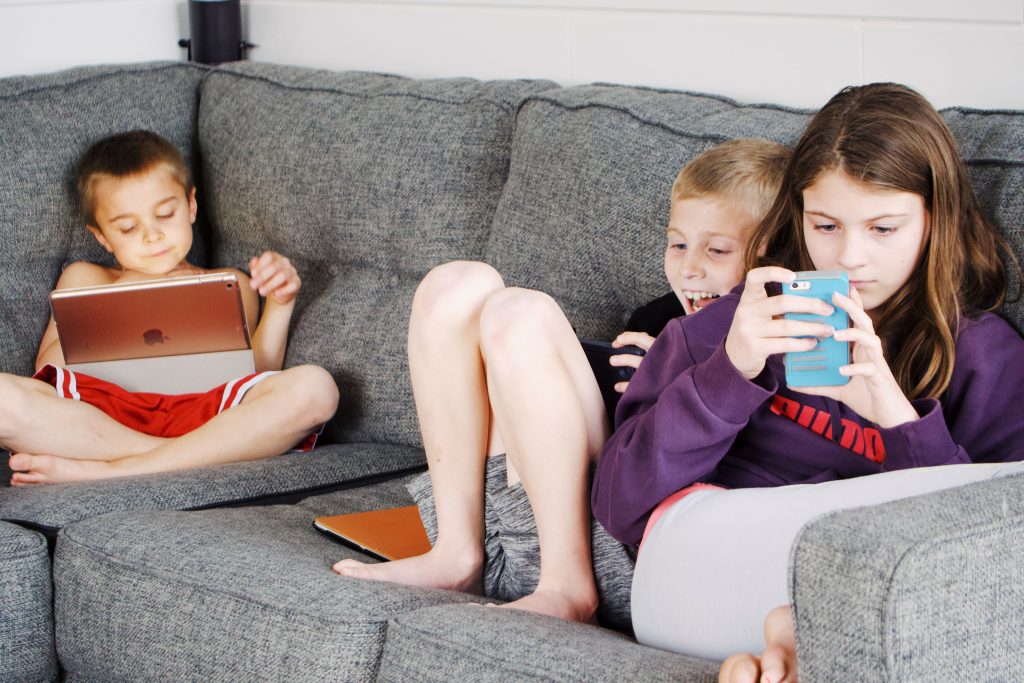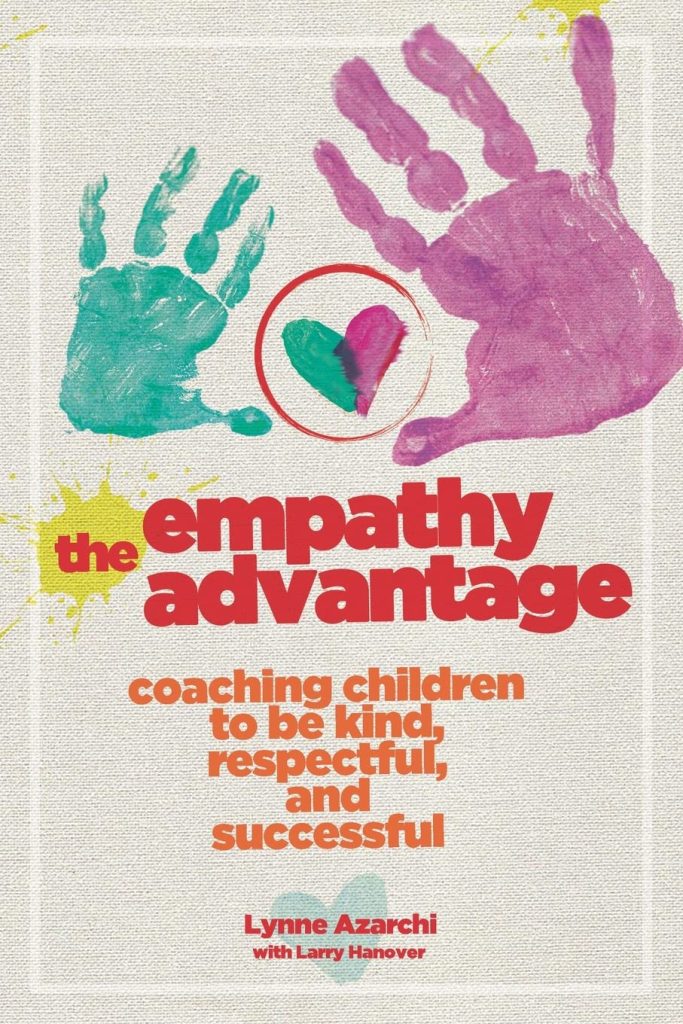Monitoring screen time for kids. Ugh.
Do you sometimes feel at loose ends about technology when it comes to your kids? I know I do. Arguably the biggest difference between raising kids today versus in the past, even just as far back as when we were children, is that parents now grapple constantly with regulating media for their kids in a way that our parents never even imagined.
It is a daunting task and one with which I frequently struggle.
I am a participant in the Amazon Services LLC Associates Program, an affiliate advertising program designed to provide a means for website owners to earn advertising fees by advertising and linking to amazon.com and affiliated sites. if you purchase through my link, I can earn a small commission. I only promote books and products that I have used myself and truly believe in. Thank you for supporting my family!
Mommy Fail – Oops!
So, let me tell you about one of my most recent mom fails with technology.
My son had only recently begun the privilege of posting using the Facebook Messenger Kids app when I saw him chuckling to himself one day while holding the family tablet. No, not chuckling, he was downright cackling and hooting.
I knew something was up, so I casually walked over to investigate.
Earlier that day his big sister and her best friend had filled the tablet with photos of the two of them making weird, crazy, silly faces. Little brother, up to mischief, chose the silliest photo he could find and messaged it out to several of his friends.
READ: Stop! Do You Know Your Kids Reading Level?
Screen Time Rules
In that moment, I realized with regret that I had been remiss in not instilling one of our foundational family rules about technology and media: “Don’t embarrass others.” I had carefully taught this technology rule to my older child, but somehow forgot to bring it up with my 2nd until it was too late. He had already crossed the line.
When I explained to him what he had done, he felt awful. Meanwhile, his sister was mortified and I was feeling guilty that I had completely overlooked teaching him this basic screen time rule.
It helps a lot to have screen time rules in place that you are constantly reviewing with your family.

“Fewer than one in three parents limit screen time and videos. Do your part to up that percentage.”
Lynne Azarchi
What Counts as Screen Time for Kids?
For starters, what do we even mean when we say screen time for kids?
In our house that literally means any device that has a screen: the TV, tablets, computers, phones, and the list goes on. We are strict about limiting screen time in this house, with the only exception being when a child needs to be on the screen for school purposes or a little bit of extra time when they’re sick.
But, what kinds of monitoring or limits should we set? Sometimes it helps to know what other families are doing to regulate screen time for kids in their homes. And this is a work-in-progress. It needs constant tweaking and reevaluation as your child grows and as technology changes.
Unfortunately, sometimes we don’t realize we even need screen time rules until something bad happens. But make no mistake about it. You need screen time boundaries.

Monitoring Screen Time for Kids
Nice, kind, empathetic kids who would rarely do anything mean somehow forget the lessons they’ve learned about empathy when a device is in their hands. In real life, my son was the first to defend his big sister. He never would have embarrassed her face-to-face, but it didn’t cross his mind that she would be embarrassed by others seeing this photo digitally.
When it comes to kindness and empathy, it’s like there’s some disconnect between real life and technology.
I’ve even seen adults type and post the cruelest things online that they would never say face-to-face.
So, when I was reading through the book, The Empathy Advantage: Coaching Children to be Kind, Respectful, and Successful by Lynne Azarchi, I was thrilled to see that she specifically spoke to this issue in her “10 Simple Rules for Empathy and Media”. These are great rules for screen time for kids! They are down to earth and realistic, so I wanted to share them with my readers.
I reprint her screen time for kids suggestions below for your encouragement! The 10 rules are straight from the book, with permission, but the comments are mine.

10 Simple Screen Time Rules for Empathy and Media
by Lynne Azarchi, author of The Empathy Advantage: Coaching Children to be Kind, Respectful, and Successful
The Empathy Advantage: Coaching Children to Be Kind, Respectful, and Successful
Empathy–the ability to “walk in someone else’s shoes”–can be learned and developed. This book coaches adults to teach empathy to kids. Kids with better social-emotional skills, including empathy, end up as better friends, co-workers, spouses, partners and parents. Families with a higher empathy quotient have a more peaceful, loving culture at home.
1. Limit each family member to one hour of media and stick to it.
In our house, we call it “screen-time” and it doesn’t matter if you’re on a tablet, the TV, a computer, or a hand-held device, your daily screen time is strictly rationed. Author Lynne Azarchi notes that you may want to increase the media time for tweens and teens.
2. Reduce exposure to shows with violence and negative emotions.
As parents, we can help our kids develop a preference for shows that are good, wholesome, and righteous. Let’s face it: there’s a lot of trash out there on TV and much of it is aimed at our youngest. It’s ok to say no to a show that you know models inappropriate behaviors, violence, or negativity. According to the author of the book, in research studies, violent shows increase aggression in children.
Check Out – Bible Songs for Kids
3. Set a goal of no media one to two hours before bed.
Ok, I’m guilty of this one! We often like to watch a movie or show together in the evenings just before bedtime. So far, we haven’t seen much sleep disruption from the movies. Then again, we also don’t choose movies that are scary or intense. Azarchi claims in her book that media disrupts sleeping patterns, so it is best to offer screen time earlier in the day.
4. Use technology to install a software program on tablets and phones that powers them off.
“Not because you’re the boss, but because it is good for your children,” says Azarchi. She’s right. Limits are easy to blow past when you’re engaged in something interesting. Set their phone or device to automatically turn off and then it won’t be a daily battle. There are many apps and programs that do this. For android, we really like Google Family Link.

5. Watch over all devices, including phones, tablets, desktops, TVs, and any other media.
All devices in our home “live” in Mom & Dad’s room. We have a shelf where they are all docked for the night. Kids are responsible to return them nightly and plug them in if the battery is below 20%. They have to ask for permission to check them out. If a device is not returned promptly (or at all), the privilege is lost the following day. Plus, all screen time activities happen in highly visible areas of the home – not behind closed doors.
READ: Grumpy Mom Wants a Clean House
6. Talk to your family about social media – especially kindness, respect, and permission.
I love this rule. As kids first begin to get into the big world of connecting through technology, they need frequent reminders to be kind and respectful. But it’s the last word in this rule that really grabs my attention. Permission. “Rule No. 1: Don’t embarrass others,” says Azarchi. Right! Like my own story above, kids have a natural tendency to want to laugh at others, post embarrassing photos, or jump on belittling bandwagons. We can teach them to be kinder than that!
7. No media during mealtimes. Period.
In our home, we don’t answer the phone during mealtimes. TV is off and all devices are put away for family meals. Talking to real people face to face is valued and prioritized. We preach it all the time – choose real people right in front of you over technology. Put the phones away. Learning how to converse with others and value real people in real time is a more important skill than staring at a screen.
8. Be aware of your own behavior.
The author reminds readers that we as parents are the role models. Ouch! If we want our kids to limit their media and screen time, then we need to do the same. Let them see you put the phone down. Show them how you prioritize the people in the same room with you – especially your child – over the screen. Model for your kids that they are more important to you than a text, a phone call, Facebook, Instagram, or social media.
9. Discuss media with your kids.
As parents, we are busy, but it is worth it to stop and watch your kid’s favorite TV show with them or surf the web together. That way, you can help your child think critically about what they are ingesting. “Discuss violence, competition, exclusion, and meanness and tell stories of how kids got in trouble relating to privacy issues”, suggests Azarchi. Compare together what you are viewing and the message being promoted to what God says is right and wrong.
10. Make sure that media content is developmentally appropriate.
In homes with many children, this one can be tough! Remember that shows and games that interest a teen may be scary for little brothers and sisters. An elementary age child should not be watching the same shows as a teenager unless it is something appropriate on multiple levels. In our home, it has been a priority to protect the innocence of our littles, and this means limiting what ideas they may be exposed to via media as much as possible.
I love this list from Lynne Azarchi ! Very common sense but doable.
The Empathy Advantage: Coaching Children to Be Kind, Respectful, and Successful
Empathy–the ability to “walk in someone else’s shoes”–can be learned and developed. This book coaches adults to teach empathy to kids. Kids with better social-emotional skills, including empathy, end up as better friends, co-workers, spouses, partners and parents. Families with a higher empathy quotient have a more peaceful, loving culture at home.
Limit Screen Time for Kids – Just 2 Questions
When discussing screen time for kids, there are two Bible verses which led our family to just two questions that guide our viewing of media:
“I will walk with integrity of heart within my house; I will not set before my eyes anything that is worthless.”
Psalm 101:2-3
1. Is what I’m watching worthless? If what you’re watching is trash or has no value, or worse yet is violent, cruel, or inappropriate, then turn it off.
“Finally, brothers, whatever is true, whatever is honorable, whatever is just, whatever is pure, whatever is lovely, whatever is commendable, if there is any excellence, if there is anything worthy of praise, think about these things.”
Philippians 4:8
2. Is what I’m watching commendable? Could you easily suggest it to your grandma to watch? Or to your preacher? Does it lead to praising God and goodness? If you can’t recommend it, it’s time to rethink your choice.
I hope you can use these 10 rules for screen time for kids to jump start your thinking about media regulation in your home. Challenge your kids to think critically about what they are watching through media, whether it is a TV show, a YouTube video, an app, or a video game.
READ: Making Kids Bible Study Happen Everyday
Kick off the new year by setting some screen time limits for your children!
Psst! Pin this article for later so you don’t forget! It’s important.



